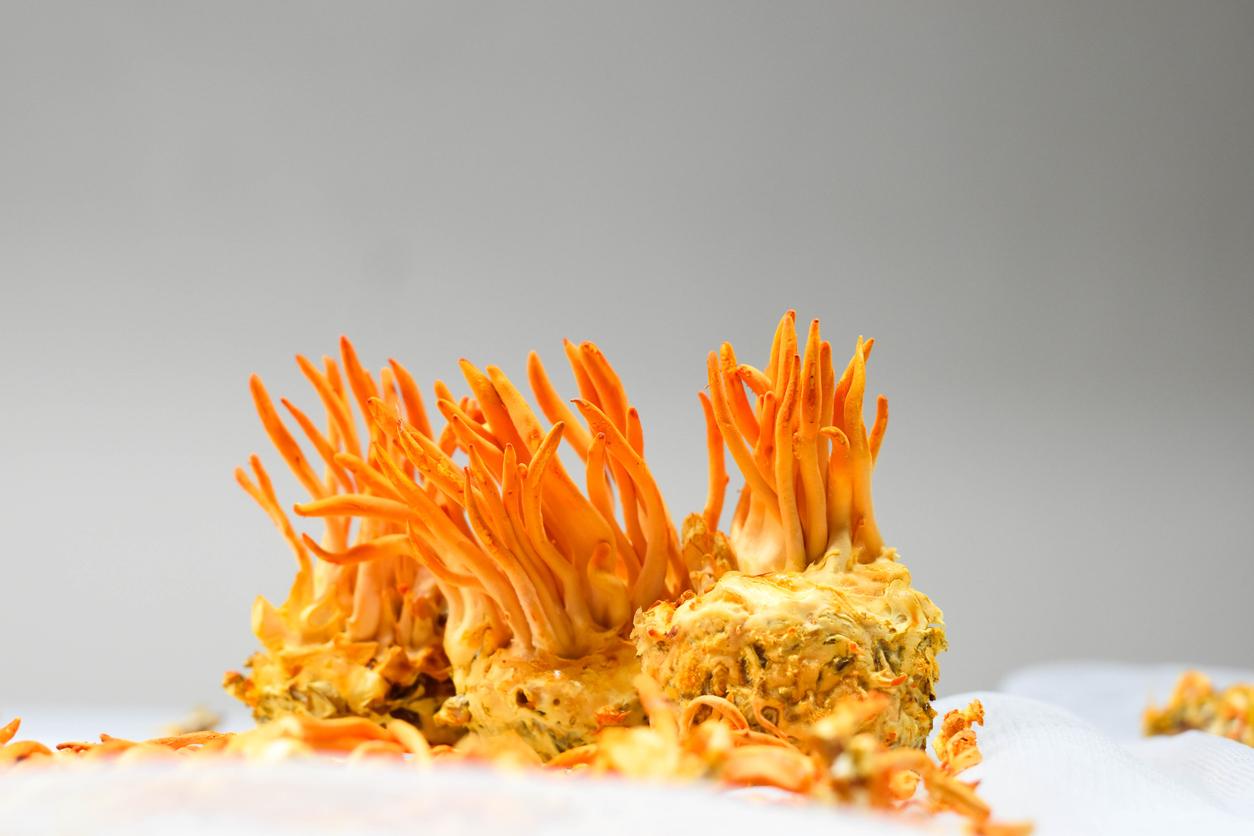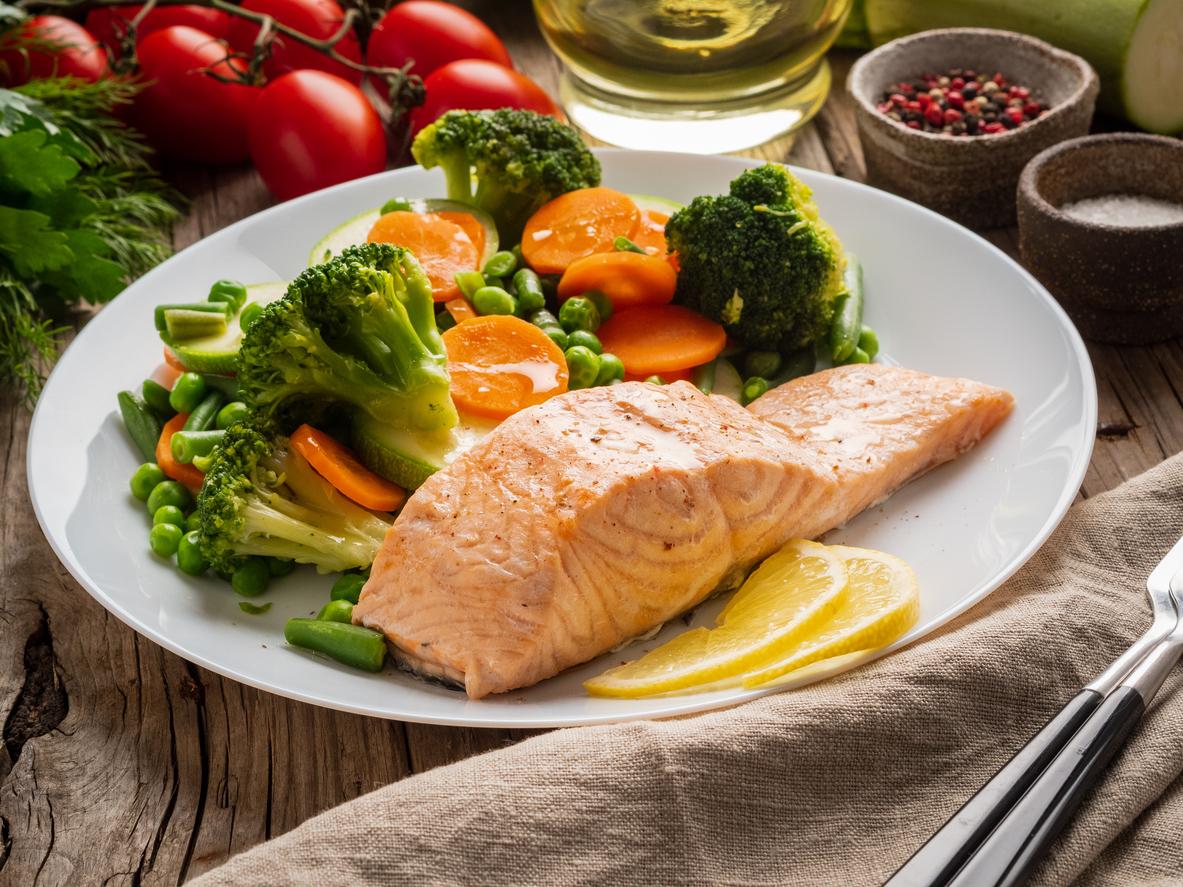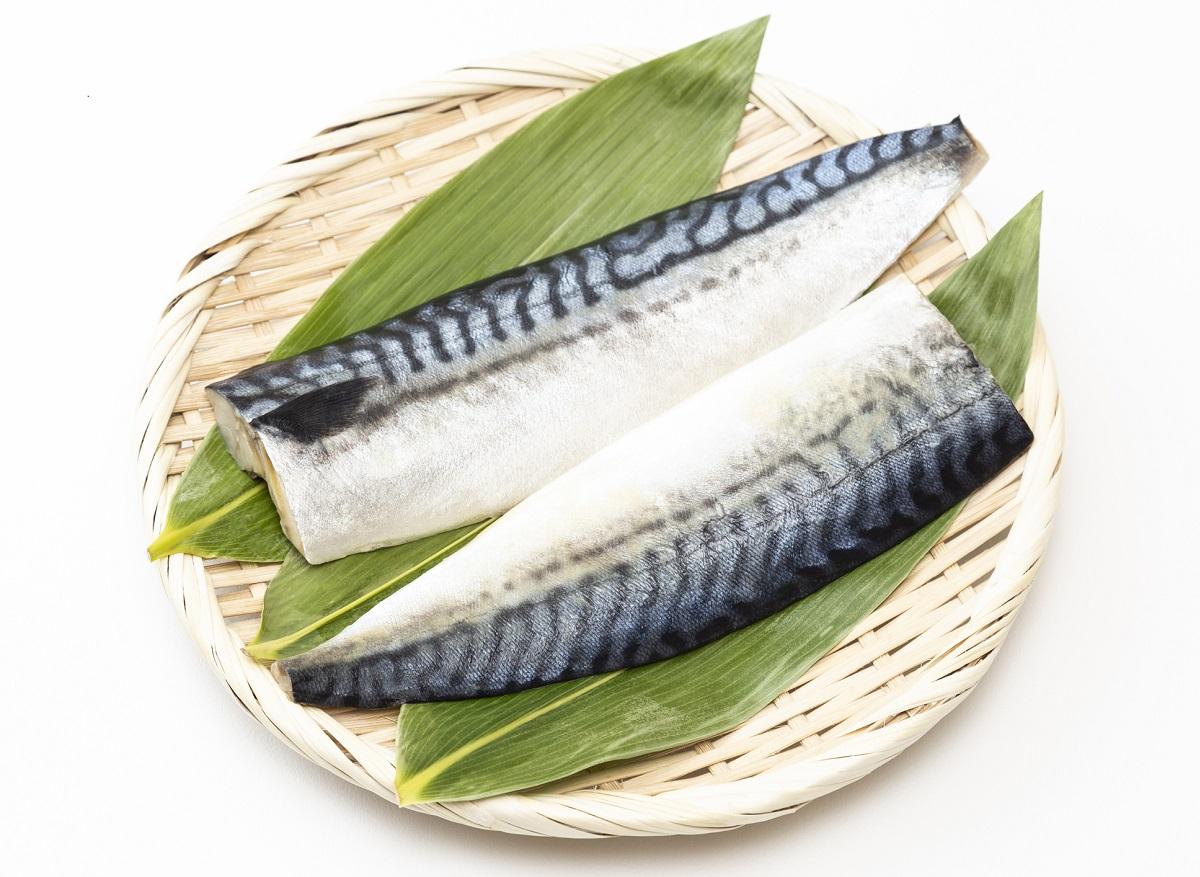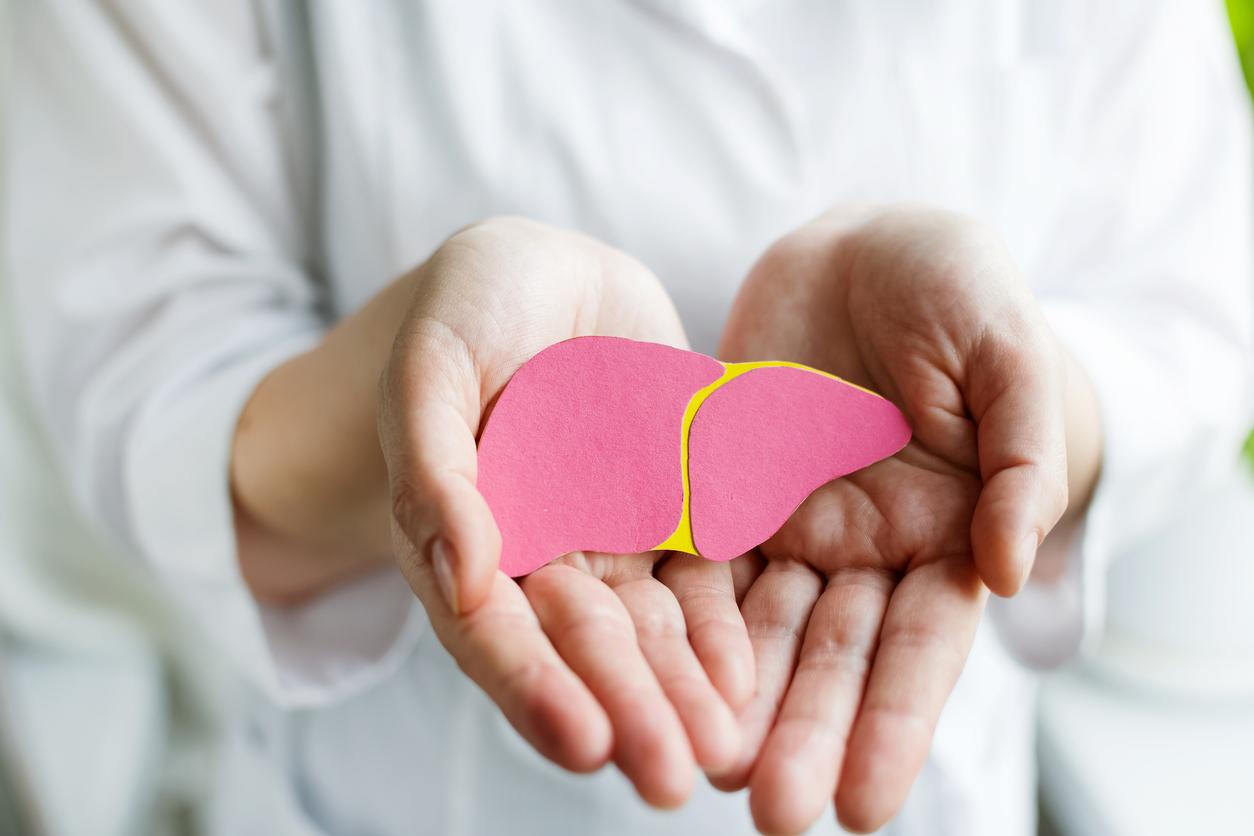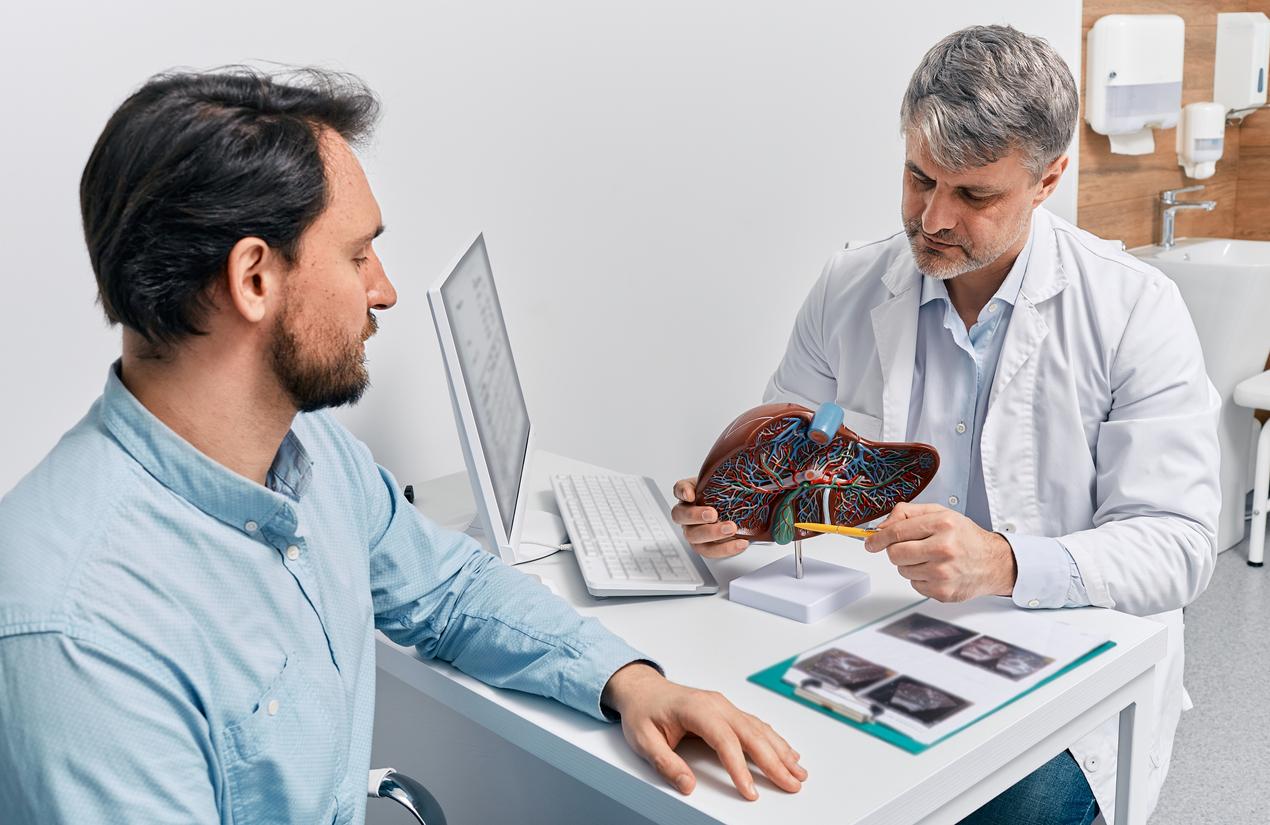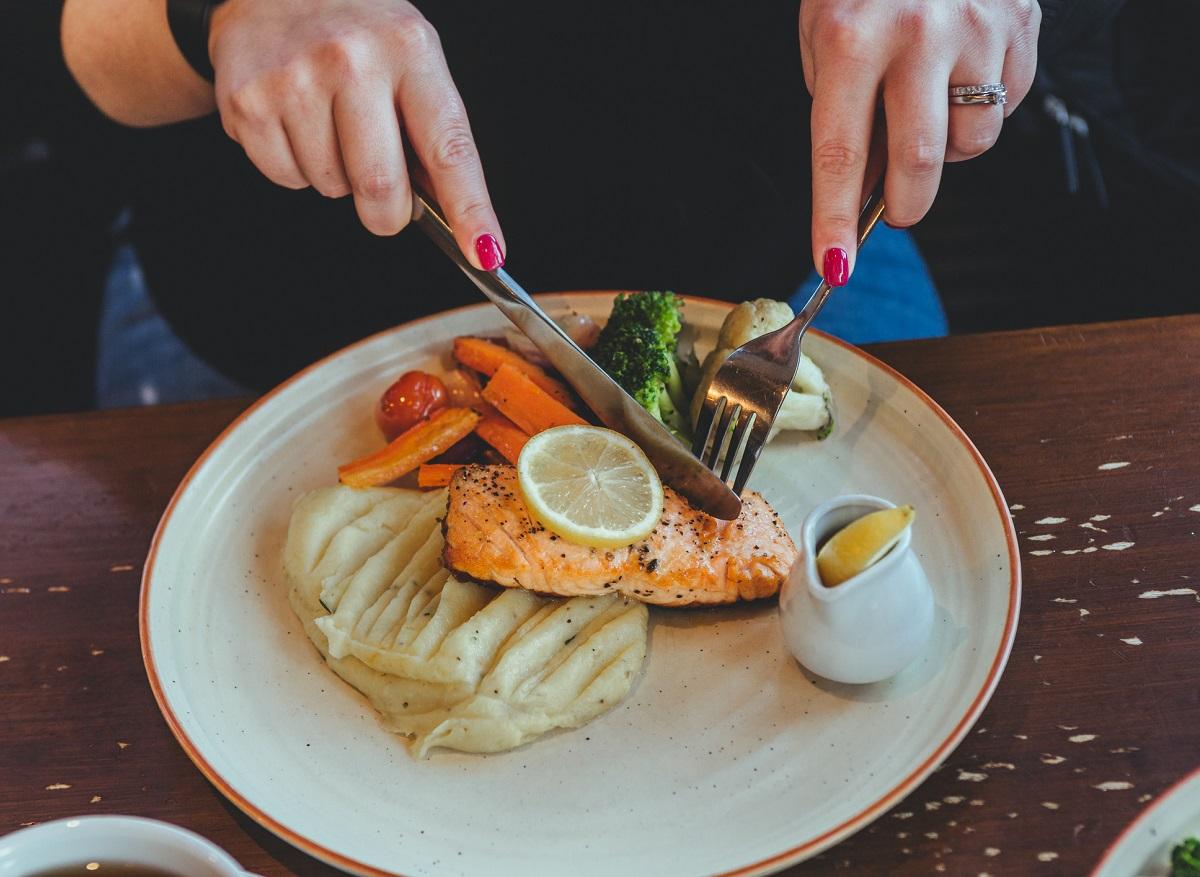A parasite contained in fish traditionally eaten raw is exploding cases of liver cancer in Thailand.

280 cases per 100,000 inhabitants. This is the rate of liver cancer recorded in certain provinces of Issan, a region in northeastern Thailand. By way of comparison, in France, in 2012, 12 cases per 100,000 men and 2 cases per 100,000 women were identified.
The dramatically high figures for this cancer, which kills at least 20,000 Thais each year, are believed to be largely inflated by the incidence of cholangiocarcinoma, a type of liver cancer caused by a parasite they catch … from eating raw fish .
A national priority
The cause seems almost too futile to have such consequences, but the food traditions of the Issan region have become a real public health problem for Thai health authorities, who made it a national priority in 2016.
A large-scale prevention and screening program (called CASCAP), led by doctors from the University of Khon Kaen, has been launched in particular to contain the epidemic.
Raw fish and lemon juice
The responsible is the Koi Pla, a traditional dish made with raw fish, lemon juice and some spices. It serves as a meal for many Northeast Thais, especially farmers working in the paddy fields, as it prepares in minutes and is inexpensive.
However, the fish caught, especially in the Mekong basin, are loaded with a parasite, Opisthorchis viverrini, which lodges in the liver and takes up residence there discreetly, sometimes for many years.
Over time, it causes inflammation and lesions, which often go unnoticed, but which can lead to cancer development.
“People die in silence”
“It is a serious health problem here”, explains to theAFP Dr Narong Khuntikeo, liver surgeon at Khon Kaen University Hospital. It is at the origin of the link established between the traditional dish and the abnormal number of liver cancers in Thailand.
“It affects families, but also socio-economic development,” he continues. But nobody is aware of it, so people die in silence, like dead leaves fall from trees ”.
4 cancers out of 500 screenings
With the CASCAP program, Dr Khuntikeo travels the Thai countryside, in an attempt to change eating habits, with relative success. While some follow the advice and cook their fish to kill the parasite, culinary traditions are not always easy to change.
The doctor takes advantage of these trips to screen for liver cancer in these poor populations, who cannot be cured and often arrive at the hospital terminally ill.
A journalist from theAFP followed one of his visits to a village in the region. Of the 500 inhabitants screened, a third showed signs of liver pain. The doctor also suspects the presence of cancer in four of them.

.









